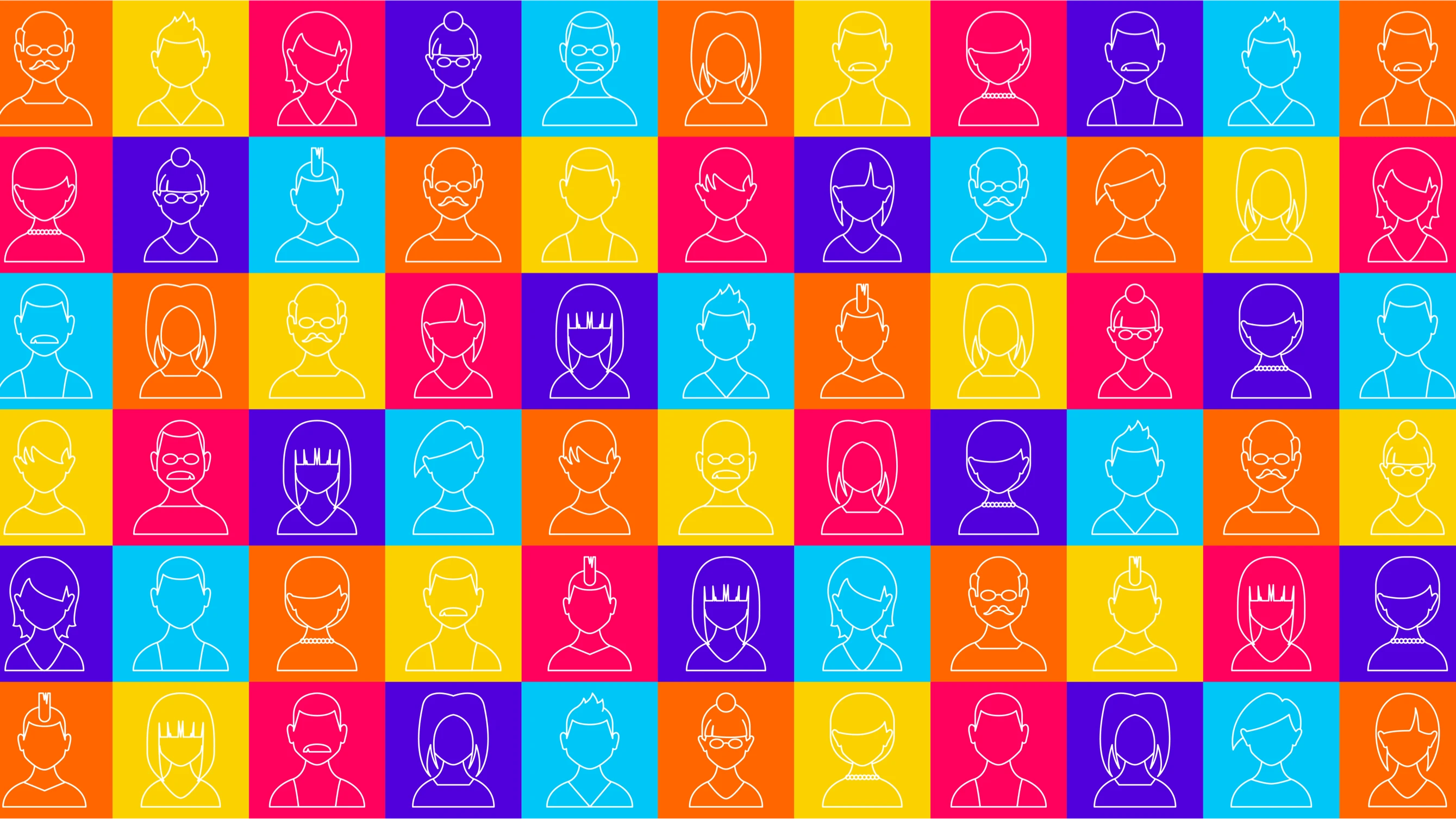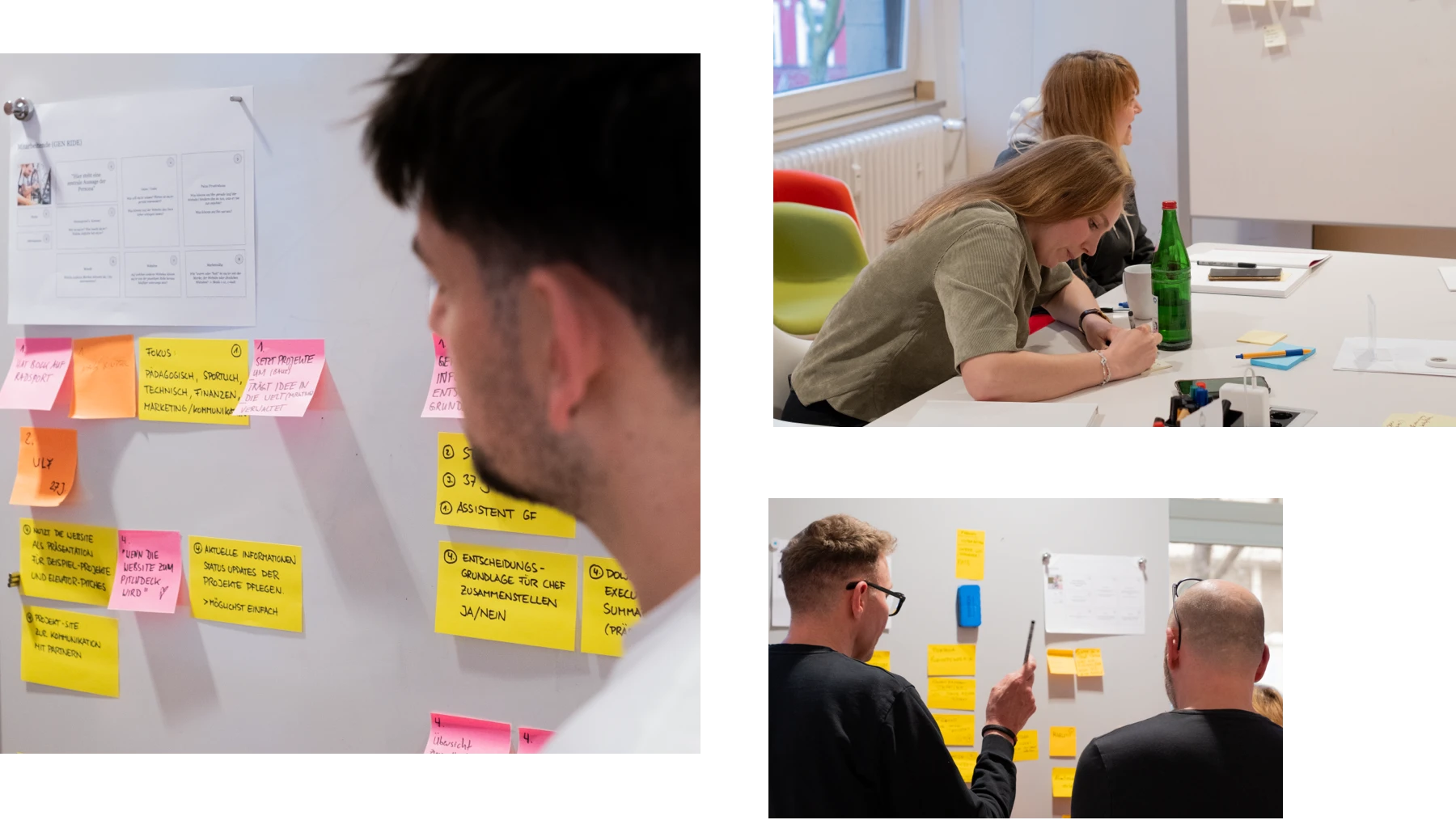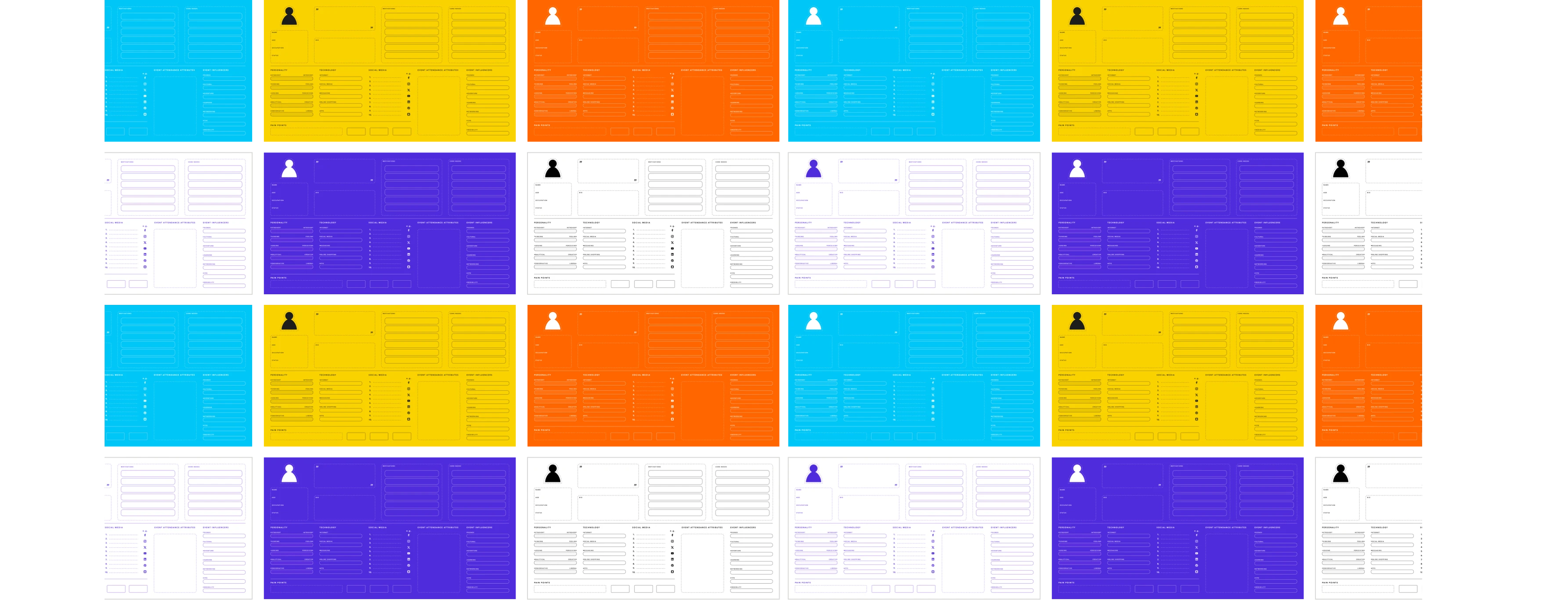
Why do we use personas? What do we like? What are the pitfalls?
Everyone is talking about personas. Why is that? What benefits do they bring us, what are they good for - and what are they definitely not good for?
Stardate 2024, Captain's Log
The competition is constantly getting stronger - and customers are becoming increasingly demanding (fortunately). Companies therefore need to tailor their products and services precisely to the needs of their target group in order to be successful. One proven method for this is the use of personas. But what exactly are personas and why are they so important? Personas are more than just fictional characters; they are keys that help us understand the people who use certain products and services. They are representatives of typical members of different target groups and should help us to better understand what our users want and need.
The main benefit of using personas is that they help us to develop our products and services in a more targeted way. If we understand what the different personas want and need, we can develop products and services that are better tailored to their actual needs. Not only does that help us develop better products, it also reduces the risk of making poor investments. We can use personas to make better decisions. For example, to set the right priorities when it comes to developing new products (or improving existing ones). By considering the needs of the most important personas, we ensure that our products offer real added value for our target group - and that we utilise our resources effectively. Improving the customer experience is always at the centre of all our thinking. We want all interactions with our products or services to at least fulfil, and preferably exceed, the needs and expectations of our users. This is easier to achieve if we thoroughly develop and understand the various persona profiles.
What we tend to overlook: Personas can have an impact on budget planning because we can utilise our resources more effectively and invest where it will have the greatest impact on our audience.

Sounds great? There are two catches
First: Personas are inventions. That is, they usually simplify or generalise the diversity and complexity of actual user groups. Surprisingly often, personas resemble the people who created them (spoiler: us. Or our customers). People are complex and have different needs, preferences and behaviours that inevitably cannot be fully covered by a single persona. And: people change. Their needs and behaviours are not the same as they were a few years ago, and characteristics and trends in the various target groups also change. That's why we need to regularly review and update personas, as this is the only way they can provide us with relevant insights.
